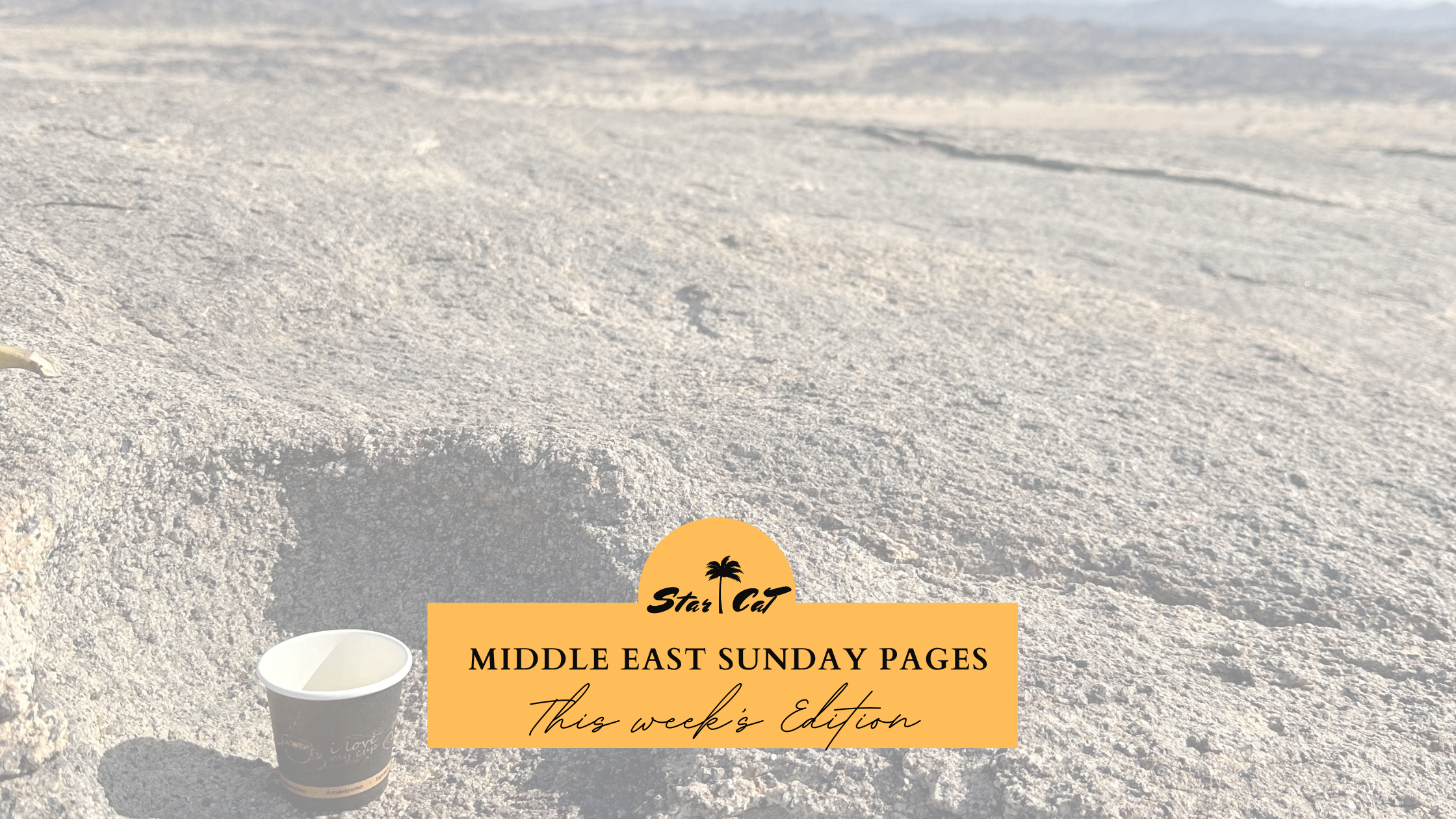
Why Your Western Marketing Strategy Fails in the Middle East (And How to Succeed Instead)
Expanding into the Middle East is an exciting prospect for many businesses. The region boasts some of the fastest-growing economies, a young and tech-savvy population, and a high demand for premium goods and services. However, many companies stumble when they assume that the marketing strategies that worked in London, New York, or Berlin will seamlessly translate to Riyadh, Dubai, or Doha.
The truth is, Western marketing approaches often fail in the Middle East because they overlook the region’s unique cultural, social, and economic dynamics. This post will explore why these strategies fall short and provide actionable insights on how to craft a culturally intelligent marketing plan that resonates with Gulf audiences.
1. The Myth of Universality: One Message Does Not Fit All
One of the most common mistakes Western marketers make is assuming that their campaigns can appeal universally to all audiences. In Western markets, individualism often takes centre stage in advertising—think slogans like “Be Yourself” or “Stand Out from the Crowd.” While these messages may resonate in places where personal freedom and self-expression are celebrated, they can miss the mark entirely in the Gulf.
In the Middle East, values like family, tradition, religion, and social harmony play a central role in decision-making. Marketing campaigns that ignore these cultural pillars risk alienating their audience rather than attracting them. For example, an ad campaign celebrating personal independence might clash with Gulf societies’ emphasis on community and collective well-being.
What to do instead:
Tailor your messaging to reflect local values. Highlight themes like family unity, trustworthiness, legacy-building, and community advancement. For instance:
- Instead of focusing solely on individual benefits, show how your product or service enhances family life or strengthens social ties.
- Use imagery and storytelling that align with cultural norms—for example, showcasing shared meals or gatherings rather than solitary experiences.
- Understand local events and use our 2025 Planner to create your campaigns
2. The Gulf States are NOT all the same
Another critical misstep is treating the Middle East as one homogenous market. While countries like Saudi Arabia, the UAE, Qatar, and Bahrain share some cultural similarities, each has distinct traditions, consumer behaviours, regulations, and economic drivers.
For instance:
- Saudi Arabia’s market is deeply rooted in its conservative values and growing emphasis on Vision 2030 reforms.
- The UAE is known for its cosmopolitan outlook and diverse expatriate population.
- Qatar has a smaller but highly affluent market driven by its energy wealth.
A one-size-fits-all approach simply won’t work across such varied markets.
What to do instead:
Develop micro-strategies tailored to each country. Research local consumer preferences and adapt your campaigns accordingly:
- In Saudi Arabia, emphasise trust and long-term relationships.
- In the UAE, leverage digital platforms popular among expatriates while also catering to Emirati consumers.
- In Qatar or Kuwait, focus on exclusivity and premium offerings.
Investing time in understanding regional nuances pays off significantly when entering these markets.
We offer a VIP Day to ensure your strategy is right for every country – read more about it here.
3. Relationship > Transaction
In Western business culture, speed and efficiency are often prized above all else. Deals are closed via email chains or quick Zoom calls. In contrast, doing business in the Gulf is deeply personal. Building trust is not just important — it’s essential.
Face-to-face meetings are highly valued in this region. Personal introductions through trusted intermediaries carry immense weight. Attempting to rush this process or relying solely on digital communication can lead to frustration or silence from potential clients.
What to do instead:
Adopt a relationship-first approach:
- Attend key industry events and trade shows where you can meet decision-makers in person. (You can find the biggest events in our Conference and Event Calendar that gets updated weekly here)
- Familiarise yourself with local etiquette—understanding hierarchy and showing respect during introductions are crucial.
- Be prepared for longer sales cycles as trust builds over time.
A strategic calendar of cultural events can help you identify opportunities to connect with your target audience authentically.
4. English May Be Widely Spoken, But Cultural Fluency Is Rare
Many companies assume that because English is widely spoken in the Gulf region—especially among business professionals—they can use the same tone and style as they would in Western markets. This assumption often leads to communication missteps.
For example:
- Humour that works in New York may be seen as inappropriate or offensive in Riyadh.
- Direct language or bold claims might come across as overly aggressive rather than confident.
- Informality can be perceived as disrespectful in professional settings.
What to do instead:
Work with experts who understand regional communication nuances:
- Rewrite your sales messaging to reflect the formality and diplomacy expected in Gulf markets.
- Avoid slang or colloquialisms that may not translate well culturally.
- Use visuals carefully—ensure they align with local sensitivities regarding modesty and religious practices.
Cultural fluency goes beyond language; it’s about understanding how people prefer to be addressed and engaged. You can book a consultation with our Founder Corina here.
5. You Can’t Google Trust
In Western markets, a strong online presence—complete with glowing reviews and impressive social media metrics—can establish credibility quickly. However, in the Gulf region, trust is built differently. Personal recommendations from trusted sources often matter more than online reviews or flashy ad campaigns.
Without local connections or endorsements from respected figures within the community, even the best products can struggle to gain traction.
What to do instead:
Focus on credibility-building strategies:
- Partner with local influencers who have a strong following among your target demographic.
- Collaborate with established businesses or organisations to lend your brand additional legitimacy.
- Participate in local events to demonstrate your commitment to the community.
Building trust takes time but pays off significantly when done right.
6. Digital Marketing Isn’t Enough—Community Presence Matters
While digital marketing is essential everywhere today, relying solely on online ads won’t cut it in the Gulf region. Physical presence still matters here—whether through pop-up events at malls or sponsorships of cultural festivals.
For example:
- Luxury brands often host exclusive launch events for VIP clients in Dubai malls.
- Food brands might sponsor Ramadan iftar meals as part of their marketing campaigns.
These initiatives demonstrate respect for local traditions while creating memorable experiences for potential customers.
What to do as well:
Integrate offline strategies into your marketing plan:
- Host community-focused events that align with cultural values (e.g., charity initiatives during Ramadan).
- Use pop-ups or experiential marketing tactics at high-profile venues frequented by your target audience.
This blend of online visibility and offline engagement helps solidify your presence in-market.
So What’s Next? Building a Winning Strategy for the Gulf
If you’re serious about scaling your business into the Middle East successfully, it’s time to retire cookie-cutter strategies designed for Western audiences. Instead:
- Understand Local Values: Invest time in learning about family dynamics, religious practices, and societal norms that influence buying behaviour. Book a consultation here to avoid costly faux pas.
- Tailor Messaging by Country: Recognise that each Gulf country has unique preferences; create bespoke campaigns accordingly. Our Planner helps with this.
- Prioritise Relationships Over Transactions: Build trust through face-to-face interactions rather than rushing deals and attend the right events. You can find an updated Events and Conference Calendar here.
- Refine Your Communication Style: Work with regional experts who can adapt your messaging for cultural fluency. Book a consultation to get your messaging right.
- Invest in Credibility-Building Efforts: Leverage partnerships, endorsements from trusted figures/influencers & event sponsorships where possible.
By adopting a culturally intelligent approach tailored specifically for this diverse region—you’ll not only avoid common pitfalls but also position yourself as an authentic player capable of thriving long-term! We offer bespoke VIP Days to ensure you have all the strategies needed for success.

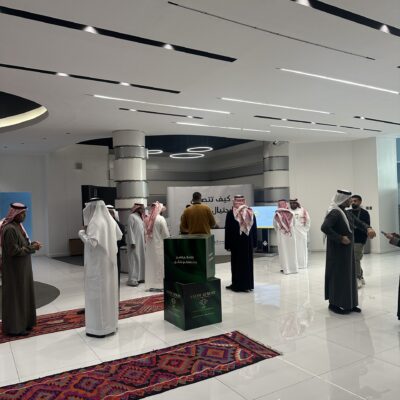
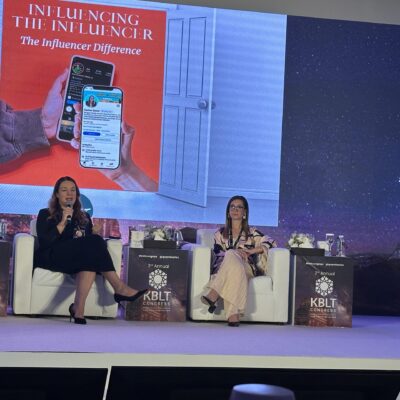
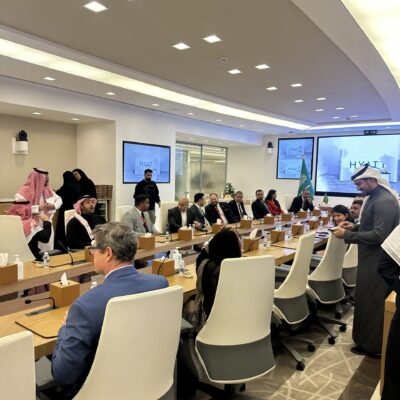
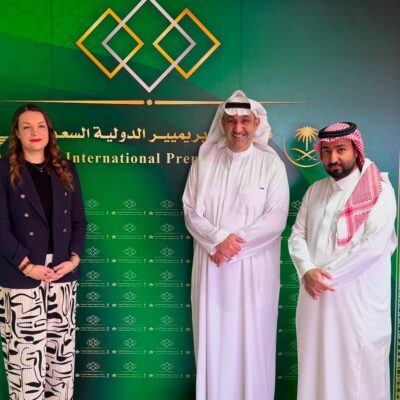
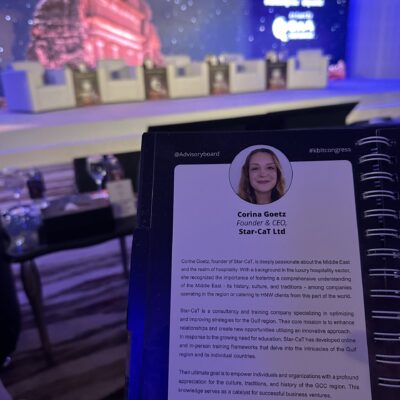
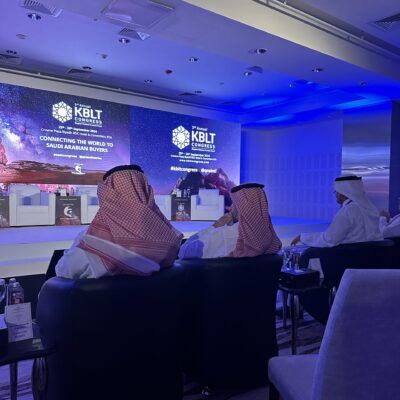



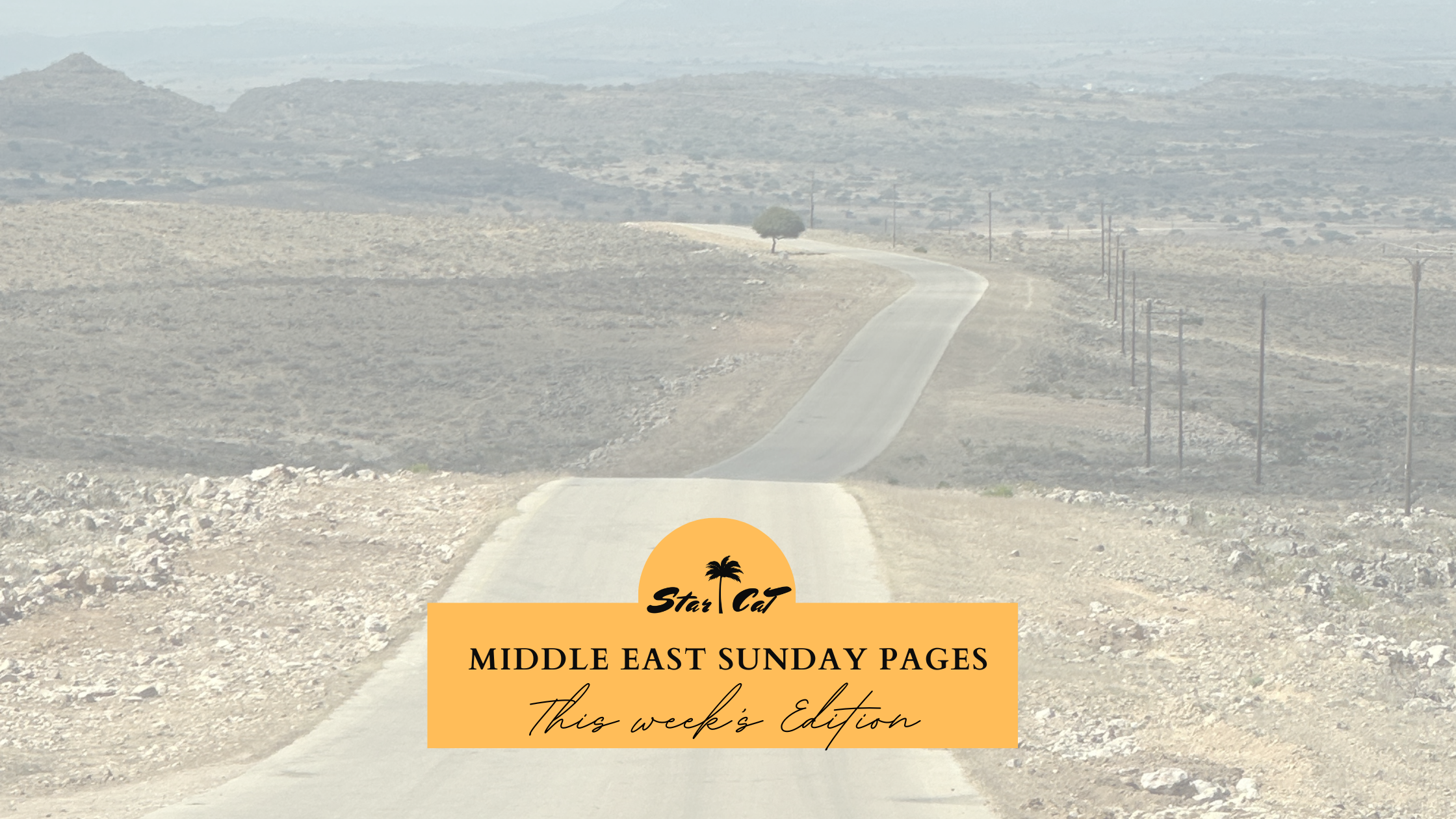
This Post Has 0 Comments